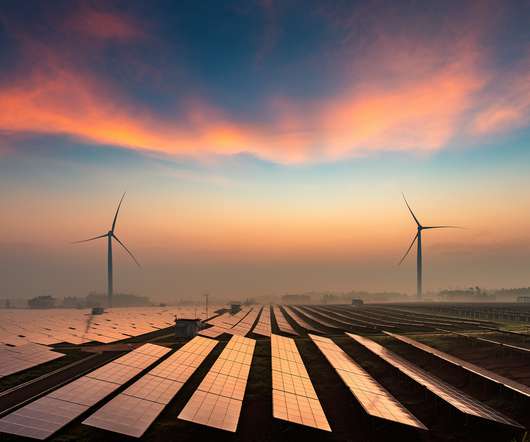Study: Atmospheric Engineering with Aerosols Could Reduce Effectiveness of Certain Kinds of Solar Power
Green Car Congress
APRIL 16, 2009
The atmospheric engineering scheme of using sunlight-scattering stratospheric aerosols to combat global warming could reduce the effectiveness of certain kinds of solar power generation systems using parabolic or other concentrating optics. Murphy, of the National Oceanic and Atmospheric Administration (NOAA). Daniel Murphy. Technol. ,











Let's personalize your content